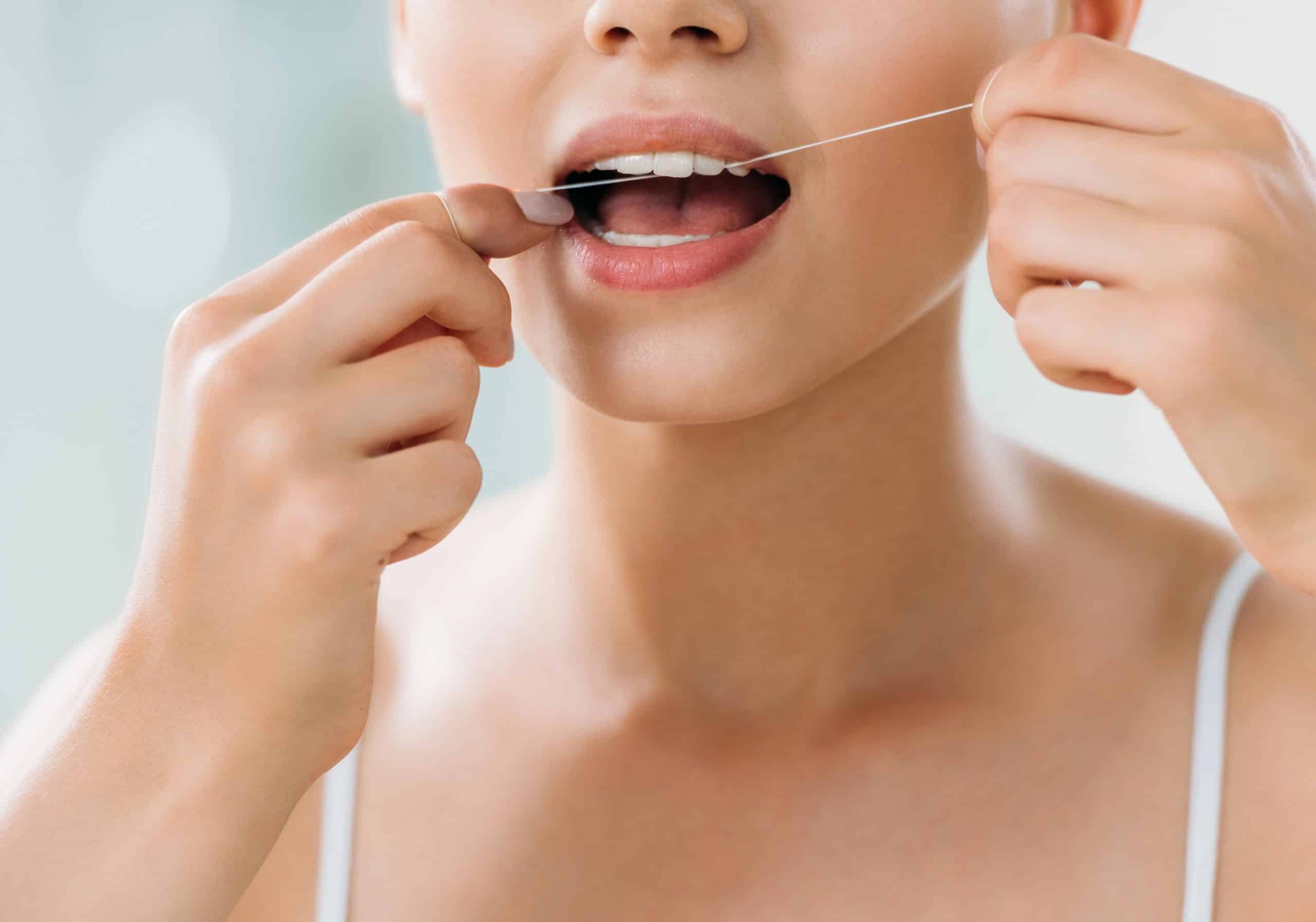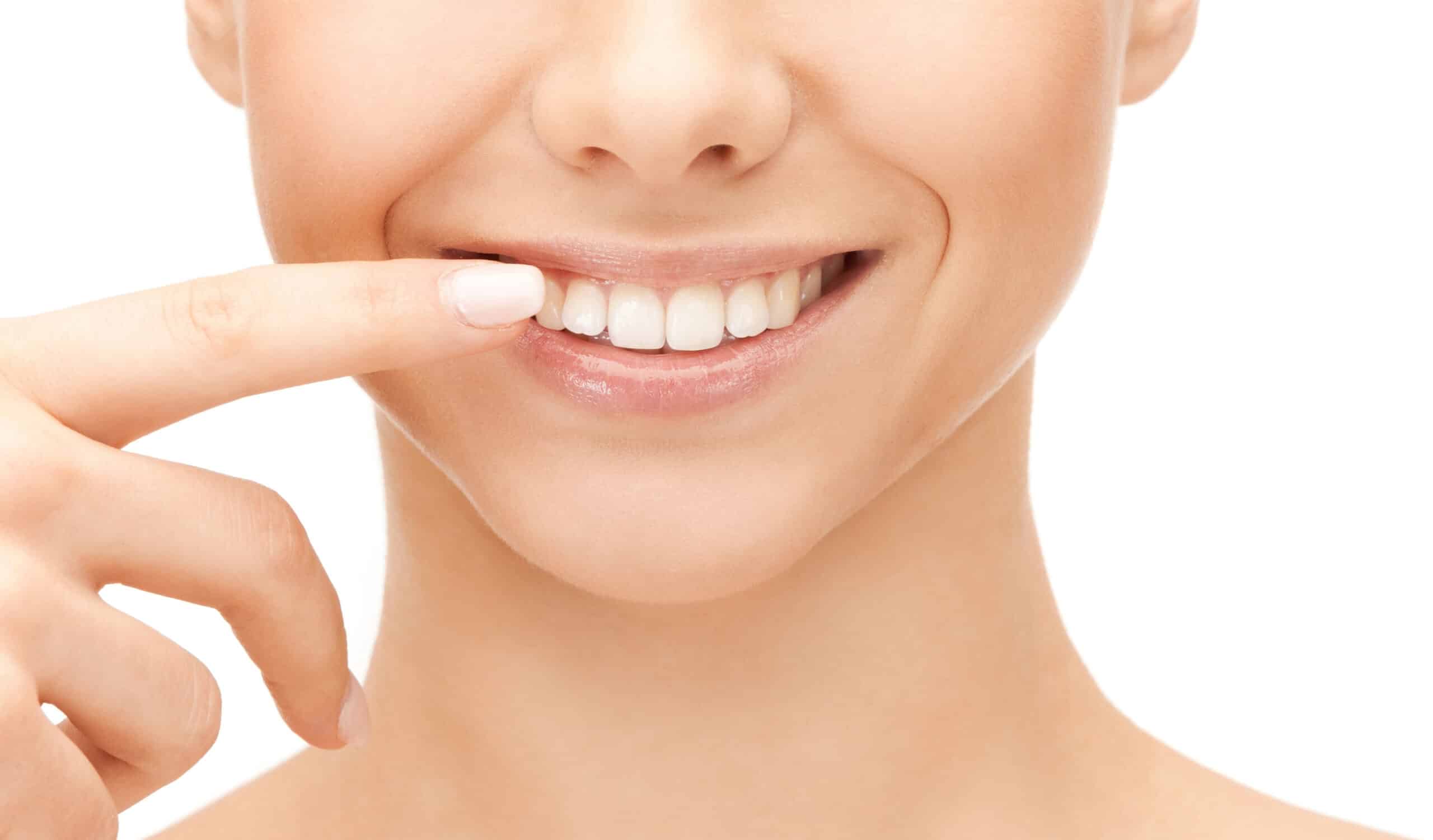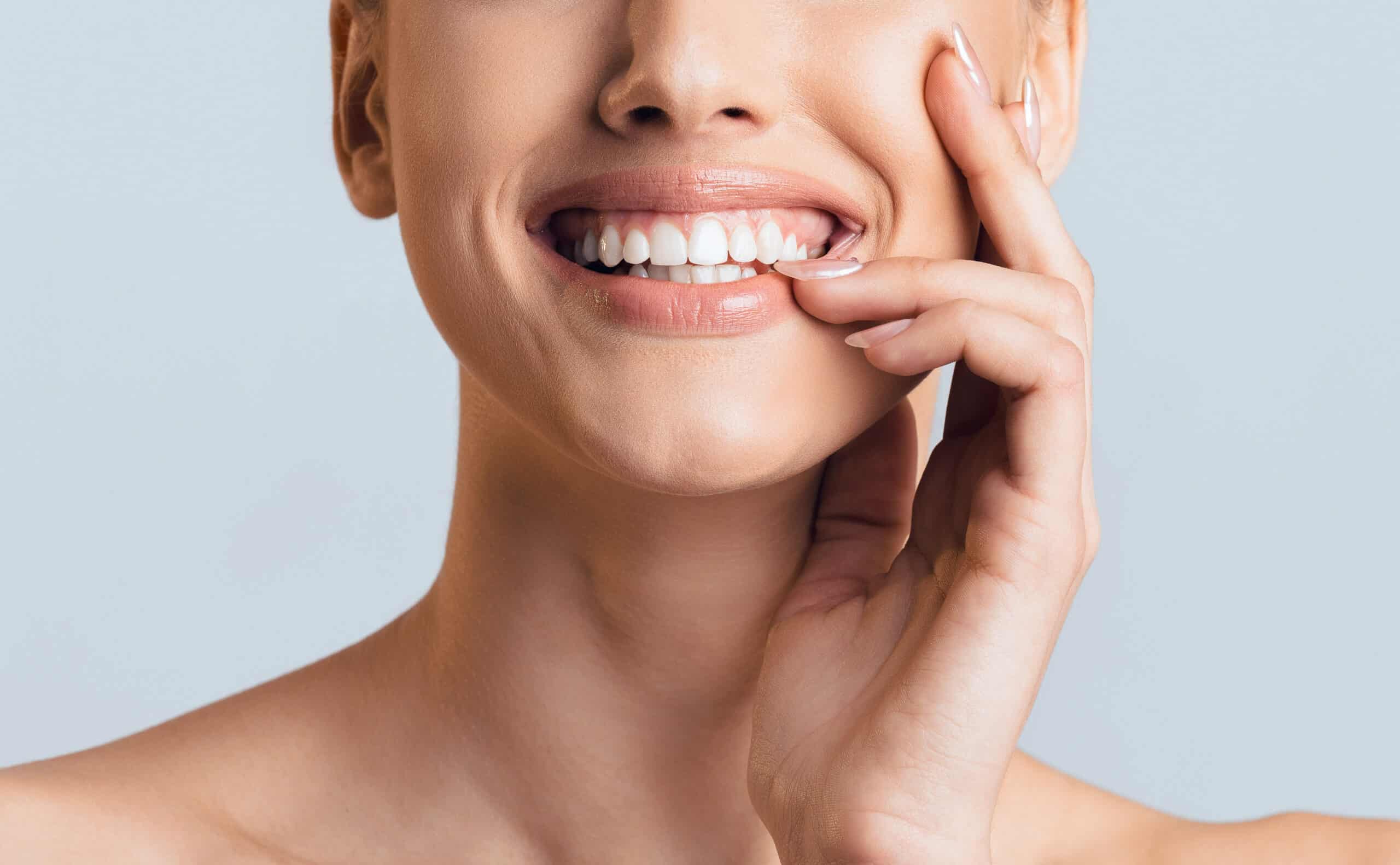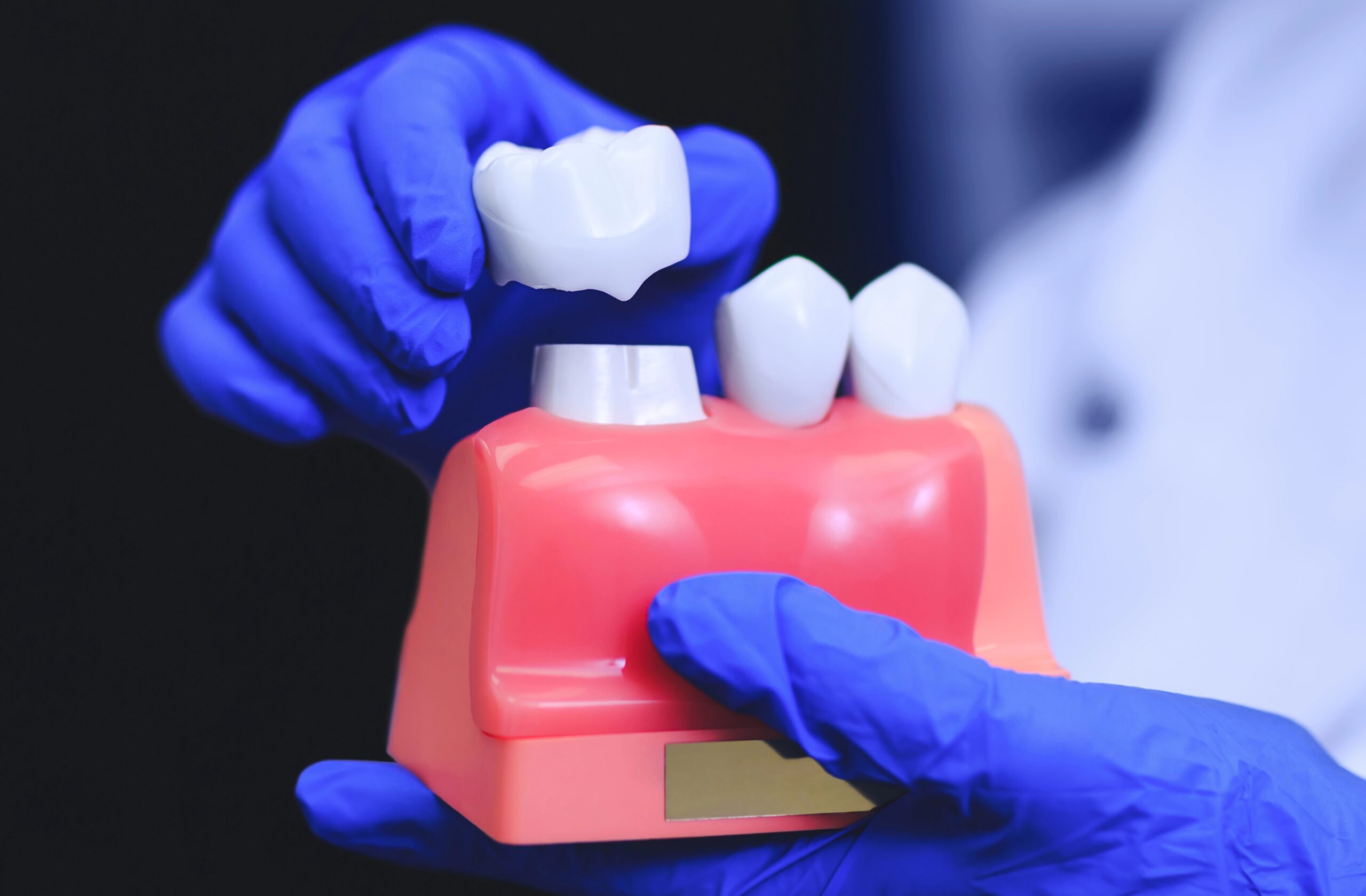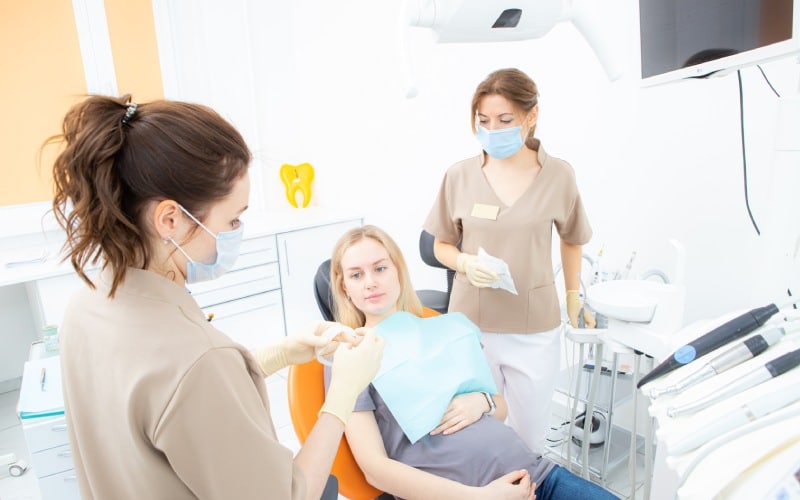
Understanding the Safety of Dental Work During Pregnancy: A Comprehensive Guide
- Posted on May 13, 2024
Ever wondered if you can still take care of your pearly whites while carrying a bundle of joy? Pregnancy often comes with many questions, especially when it comes to health. One such concern is dental health. Is it safe to get dental work done during this delicate period?
Rest assured, not only is it safe, but it's also crucial. Dental care, including routine cleanings and necessary treatments, is recommended during pregnancy. It's an essential part of ensuring a healthy pregnancy.
Understanding the Importance of Oral Health During Pregnancy
As an expectant mother, you might have plenty on your mind, but do not forget the health of your teeth and gums! Your baby's future wellbeing might rely on your diligent dental care even more than you think.
Why Dental Care is Vital for Expectant Mothers
Pregnancy can impact your oral health in ways you may not expect. According to a study, approximately 60-75% of pregnant women develop gingivitis, an inflammation of the gums that can lead to more serious dental problems if left untreated.
Hormonal changes during pregnancy can notably enhance the sensitivity of your gums, making them more susceptible to plaque – the primary driver of gum disease. So, it's crucial to keep your teeth and gums in perfect health during this critical time, controlling plaque through regular cleanings and checkups. So, the prominence of dental care during pregnancy goes beyond keeping your smile bright!
How Pregnancy Affects Your Dental Health
Regularly overlooked, a distinctive side to pregnancy is how it tends to modify your body, impacting not only your waistline but your oral health too. For instance, during pregnancy, the blood flow to your gums increases, which might result in 'pregnancy gingivitis' – a mild form of gum disease. Pregnant women also tend to experience more plaque buildup than non-pregnant women. Also, pregnancy tumors, which are lump-like inflammations, might appear on the gums during the second trimester.
How Dental Health can Impact Your Baby
You might be wondering, does my dental health really have such a profound effect on my baby? Interestingly, several scholarly research studies indicate severe gum disease may lead to adverse pregnancy outcomes including preterm birth or low birth weight. On the other hand, by practicing good oral hygiene and receiving regular dental care, you can potentially minimize such risks, ensuring a healthier environment for your baby to grow and flourish.
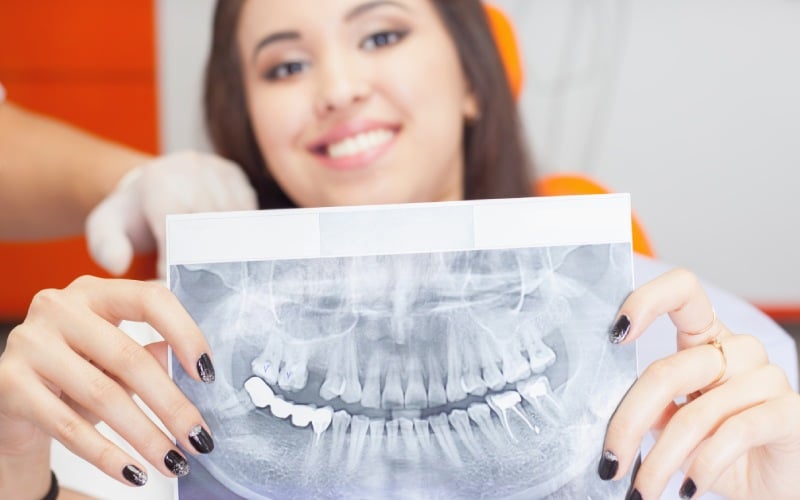
Safety Concerns about Dental Procedures During Pregnancy
Exploring the complexities of dental procedures during pregnancy can often stoke apprehensions. Rest assured, with the right measures, dental care becomes a breeze even during the crucial period of pregnancy. Primarily, concerns evolve around certain aspects such as dental X-rays, usage of anesthesia, positioning, and managing stress. Addressing these, we elucidate how dental health can be safely maintained during pregnancy.
The Safety of Dental X-Rays during Pregnancy
Dental X-rays, although garner a cloud of concern, represent an essential component of dental exams, especially when addressing dental emergencies. Despite the misconceptions, modern dental X-rays emit minimal radiation, and precautions like lead aprons and thyroid shields provide added security. According to a recent medical survey, the radiation dose that the fetus is exposed to in a dental X-Ray is around 1/50,000th of that going to the mother’s head, showcasing safety precautions. Even so, it's wise to perform X-rays only when indispensable and preferably after the first trimester. Be sure to let your dentist know if you are pregnant.
Using Anesthesia for Dental Procedures During Pregnancy
Anesthesia symbolizes another vital aspect warranting attention during dental procedures in pregnancy. Local anesthesia, when administered in recommended dosages, poses no harm to the mother or the fetus. But, more intricate procedures might necessitate sedation. Some studies suggest certain medications used for sedation during these procedures may carry potential risks, therefore, it's essential to inform your dentist about your pregnancy ensuring the safest anesthesia options are selected.
Positioning for Safely Conducting Dental Procedures
The strategic timing for dental procedures during pregnancy pivots around the second trimester – a period when the fetus's susceptibility to harm is minimal and the discomfort of prolonged sitting appears manageable. It's prudent to postpone elective procedures until after delivery, allowing both mother and baby to experience minimal stress. Dental treatments including fillings, placing crowns, performing root canals, and tooth extraction can be conducted safely during pregnancy.
Managing Dental Stress and Anxiety During Pregnancy
Pregnancy often accentuates dental anxiety, posing a formidable challenge. But, establishing open communication lines with your dentist paves the way in managing these concerns. Exploring relaxation techniques or conscious sedation options often presents an effective solution in managing dental stress. Regular dental cleanings and preventive measures, not only contribute to maternal health but also to child health. Keep in mind, maintaining good oral hygiene continues to be essential before, during, and after pregnancy. Adopt a proactive approach towards dental care, in cooperation with the dentist to experience a smooth journey of pregnancy.
Remember to always discuss these aspects with your dentist, be informed, and prioritize your dental care during pregnancy, ensuring a healthier and brighter smile for both you and your baby.</>

Common Dental Procedures and Pregnancies: What to Know
Pregnancy brings significant changes, including to your oral health, which may necessitate dental work. It's safe to have cavities filled during pregnancy, as neglecting them can lead to more severe issues. For fillings, consider alternatives to silver due to its mercury content. Crown placements are also safe but are best scheduled during the second trimester for comfort. Root canals are permissible with local anesthetics like lidocaine; however, inform your dentist of your pregnancy to avoid unnecessary X-rays, using proper shielding if needed. Tooth extractions are feasible during pregnancy, ideally in the second trimester and avoiding general anesthesia. Always communicate openly with your dentist about your pregnancy and any concerns to ensure treatments are safe and effective for both you and your baby.
If you’re looking for a dental practice that caters to the specific needs of pregnant women, Toothbuds Dentistry is currently accepting new patients. With a focus on comprehensive dental care, Toothbuds Dentistry ensures that all treatments are tailored to meet the unique requirements of expectant mothers, making it a safe and welcoming place for your dental care needs during pregnancy.

Dr. Prabhdeep Kaur, a General Dentist, has been enriching the field of dentistry with her expertise for over 13 years, having obtained her license in Canada in 2015. A holder of a BDS degree, Dr. Kaur’s proficiency spans a wide array of dental services, including General and Cosmetic Dentistry, Wisdom Teeth Extractions, Invisalign, and more. Her commitment to her craft is further evidenced by her memberships in prestigious organizations like the Ontario Dental Association, the Academy of General Dentistry, and the Royal College of Dental Surgeons of Ontario.
Renowned for her patient-focused approach, Dr. Kaur emphasizes the importance of listening and customizing treatments to meet individual needs, viewing dentistry not only as a science but also as an art form dedicated to enhancing and restoring smiles. Her dedication to ongoing education ensures she remains at the cutting edge of dental advancements.
Outside her professional life, Dr. Kaur enjoys family time, travel, and cinema, adding a relatable and approachable dimension to her persona. She is passionate about delivering professional and quality dental care, driven by her desire to connect with people and address their dental needs effectively.
Dr. Kaur’s journey in dentistry serves as an inspiration for aspiring dental professionals, advocating determination, motivation, and enjoyment in their work. Follow her journey and professional updates on Instagram @drprabh84, where she continues to inspire both her patients and peers in the dental community.

